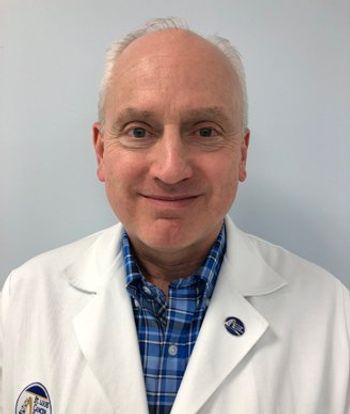
In his latest blog, Craig Hildreth explores the terror of the black box warning and how the fear of toxicities affects his patients-and his staff.

Your AI-Trained Oncology Knowledge Connection!


In his latest blog, Craig Hildreth explores the terror of the black box warning and how the fear of toxicities affects his patients-and his staff.
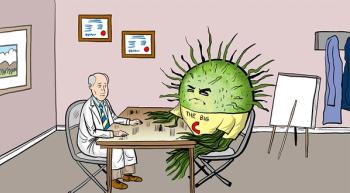
A doctor sits down with Cancer to gauge its feelings towards new immunotherapy agents, lower smoking rates, and the US obesity epidemic.
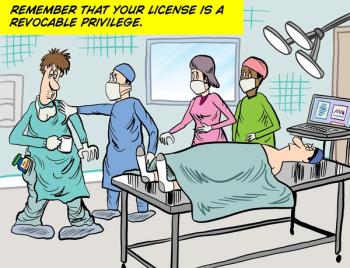
A review of the rules of the road for doctors, because everyone remembers their first license.
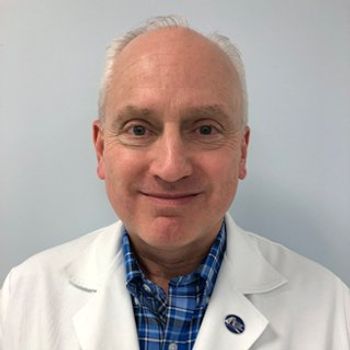
It is an exciting time for science, but lest we forget, those of us who provide direct patient care are also charged with practicing the art of medicine.

Dear Patient-Although the circumstances were stressful, it was indeed a pleasure meeting you and your family today. There are words I wanted to say to you today but didn’t, for fear of distracting you from the immediate plan and also, I must admit, out of a certain degree of evasiveness.
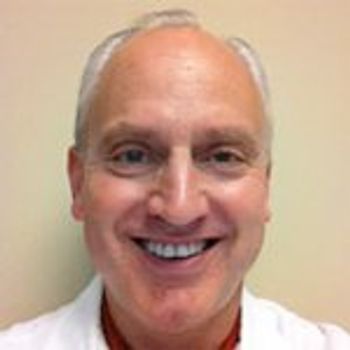
A review of the rules of the road for doctors, because everyone remembers their first license.

Gentle reader, the hour is late. As the poet said, almost all of the grains of sand allotted to 2016 have sifted down onto the pyramid of memory. Before this year’s hourglass empties, though, let’s take a moment to reflect on some of the phenomena we observed during the past months in this esoteric branch of medicine.

The relationship between oncologists and their patients is labor-intensive and arouses great emotions. The specter of death is always in the shadows; as it waits patiently, it makes conversations poignant. Oncologists should be skilled in soothing the fears of their patients without appearing trite or patronizing.

I am inspired to finally see the increasing role of immuno-oncology agents in the treatment of cancer, and ASCO 2016 was loaded with fascinating updates on this subject.
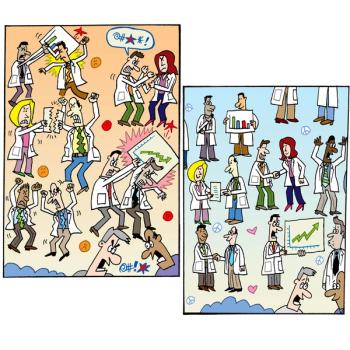
No matter where you practice medicine, if your duties include patient care then you are going to interact with other oncologists. In some cases you may question the quality of their care. Help your peers to become better physicians by respecting them first, then relaying your concerns to them. Here are some examples of how not to do it, paired with kinder, gentler alternatives.

Oncologists are excited to relay the news to patients that hard-to-treat tumors benefit from a new type of immunotherapy called checkpoint inhibition, but is there a way to explain this without putting everyone in the room to sleep?

Everyone wants their doctor to be compassionate, but what about leadership? Cancer patients may be looking for these seven traits of leadership in their oncologists.

How arduous is it to transform a typical practice into a community oncology medical home? Let’s compare the characteristics of the ideal community oncology medical home as defined by Innovative Oncology Business Solutions with our practice’s current habits.

Former President Jimmy Carter, who is being treated for metastatic malignant melanoma, announced that a follow-up scan revealed that four brain metastases were gone. Several headlines described the president as being “cancer free,” a choice of words that must be interpreted with caution.

Oncologists, whether they like it or not, must develop some psychological skills if they ever hope to master the art of caring for people living with cancer.

The high cost of new cancer treatments is both ridiculous and unsustainable, but be careful when fighting “greed” by calls for regulation and price controls.

Without patients we have no mission to accomplish; whenever we lose someone to cancer our very identity as cancer fighters is threatened with extinction.

While chatting with a patient of mine this week, I suddenly realized I had forgotten how long it had been since she was diagnosed. Time moves strangely in the world of cancer, too slow to comfort us, too fast in spiriting us away.

When communicating with the difficult patient doctors are advised to avoid such approaches as snapping, bristling, or even a subtle curling of the lips.

Take a minute to recall those patients who showed up in the emergency room without your knowledge, or who died 1 week after starting a new treatment, or whom you neglected to enroll in hospice. In each scenario the cost of their care rose without a corresponding increase in value. I’ve listed some behavioral skills that have a chance to prevent unnecessary expense.

This slide show features 8 ways oncologists can create value in cancer care, from building a great team of staff members to staying on top of the latest developments in your field.

After a long session of office hours the other day that can be best described as an amateur rendition of a three-ring circus, I had a strange epiphany: Hospitals are making it more difficult for me to get my work done.

As the dawn of the New Year begins, perhaps it would be prudent to look back and chronicle a few selected teaching moments from 2013 that might have slipped past us.

Although the room was dark, the moon streaming through the windows cast uneasy half-shadows on the carpet. The only sound was the rhythmic ticking of a mantel clock. As I peered in into the gloom I was startled by a thin woman, wrapped in lace, standing across from me.
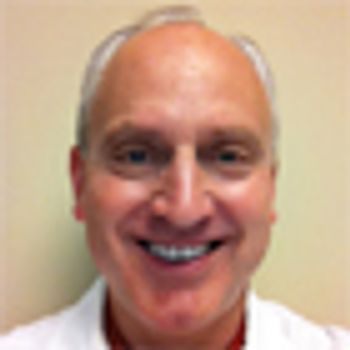
I am seriously thinking about firing my oncology software. It has been 19 months now since I found myself stuck with this relapse. I don’t dare tell my father anything yet-he’ll start going on about how I should see a human doctor. He has been pushing me to visit a LiveDoc who supposedly is still practicing oncology in midtown. Right-like I’m going to do that.

Today, after reviewing a CT scan (and screwing my courage to the sticking-place) I went into an exam room, looked a patient in the eye and said: “The liver lesions have started to grow again. I think we need to change your treatment.”

Here’s a fun fact: most doctors will be sued at least once during their career. Physicians in high-risk specialties such a surgery have a 99% chance of being sued by age 65; even low-risk specialists have a 75% probability.

To my oncologist: You certainly were pleasant and compassionate. You also tended to minimize the gravity of the situation when my disease progressed. I know you’re not psychic, but when things are going badly, don’t be afraid to tell me you’re worried.

I see these tragedies unfold so often it has become routine for me now, yet don’t think that your life was less precious, that your death is less grievous, just because you killed yourself with cigarettes. It is not too late to change your future-listen to me!
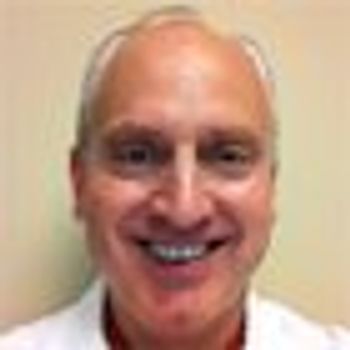
The reality is that new biological agents are often priced like a Ferrari, and patients who are covered under a pharmacy benefit are required to fork over not a fixed copay but a percentage of the pill’s cost, each and every month ‘til eternity or death, whichever comes first.
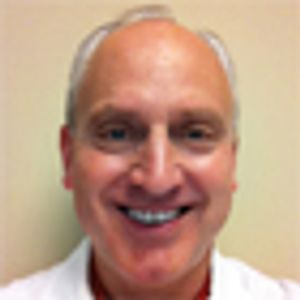
Published: September 24th 2013 | Updated:

Published: August 15th 2013 | Updated:

Published: June 26th 2013 | Updated:

Published: May 2nd 2013 | Updated:

Published: March 13th 2013 | Updated:

Published: December 21st 2012 | Updated: